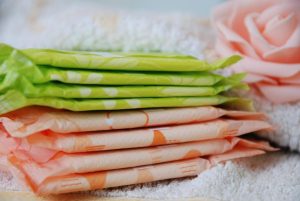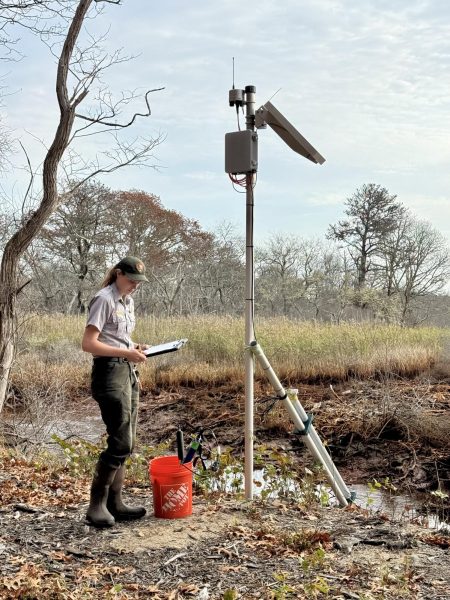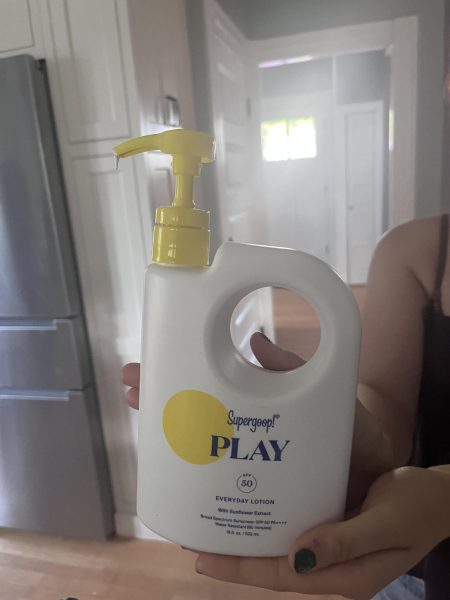Free pads and tampons are coming to The Regional
On June 14, the Hamilton-Wenham EdFund approved a grant for new free menstrual product dispensers to be installed in the middle and high school.
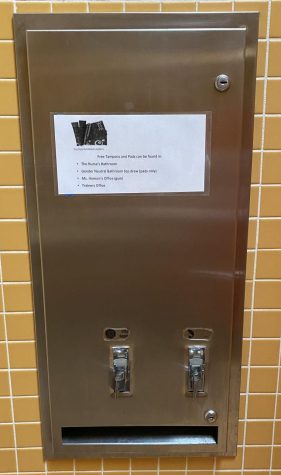
Currently, high school students have to go to the nurse’s office or gender neutral bathroom to get a free product. Concerns about this method of distribution have been brought up before, including in a recent opinion article and a student Civics Action Project.
High school nurse Lea Tabenkin acknowledges the concerns, saying that “this has been a disruption for a lot of students and some kids will go home because it might be too late by the time they get products… It’s not that we didn’t have [products], it’s that they needed to get new clothes because they couldn’t get the products in time and then it just became a dress problem.”
Tabenkin understands how important it is that someone’s school day is not interrupted “because of something that just happens.” She believes that “by providing the products, people won’t have to go searching for them or have to come to the nurse’s office but it will be something that’s available for all of us.”
A student-led effort to improve access to products in Hamilton-Wenham began in late 2021 and culminated in an EdFund grant proposal asking for $4,976. This money will allow the facilities department to purchase 16 period product dispensers to be installed in the female and gender neutral bathrooms, as well as 8 packs of pads and 6 packs of tampons to stock the dispensers. The proposal was approved by the EdFund in June, and the School Committee confirmed the allocation of these funds in August.
Thomas Geary, Director of Maintenance, Facilities and Operations says that after the initial investment and installation, “the custodial team will need to load the dispensers and I will have to budget for supplies and replacement dispensers after this school year.”
When asked for their thoughts about this new method of menstrual product distribution, the student and staff response was overall positive.
Senior Katerina Makogonov said, “I think that’s a great idea, I don’t see how that could be harmful in any way and even though a lot of people have them, I know that for me and people I know there have been days where you need [products] and if it’s in the bathroom and you don’t have to ask around and it’s just available at the ready, that is definitely a good thing for us.”
Charlie Convey, a sophomore, said that “[it’s] a good idea to implement in the school so they can help make people feel more safe at school or more respected.”
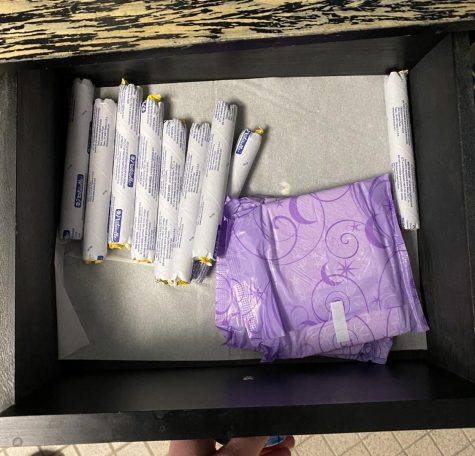
According to junior Morgan DeJoy, “it makes all the difference to have it accessible and I think it would help people avoid a very uncomfortable situation. If you don’t have products easily available, your whole day is screwed up.”
High school teachers are also supportive of this initiative. Brett Burnett, a History teacher, believes that having free products in the bathrooms “offers more equity and opportunity for everybody and solves a real problem that exists in our community.”
Breanne Sette MacArthur, an English teacher, commented that “[it’s] a health and safety procedure, just like having masks around. For students to know in an emergency situation that that’s there for them, that’s fantastic.”
“I’ve always felt that adequate access to menstrual hygiene products has been a long-standing issue in facility operations. Personally, being a father to a teenage daughter, this amplified the issue. We provide paper towels, hand soap, and toilet paper to our occupants. This fits right in with necessities that people deserve access to,” Geary said.
Students and staff can expect to see the dispensers installed and stocked with free products after Indigenous Peoples’ Day weekend.
Olivia Soolman is a senior at HWRHS. While Olivia has not written for the paper before, she is interested in journalism and is excited to write and edit...


